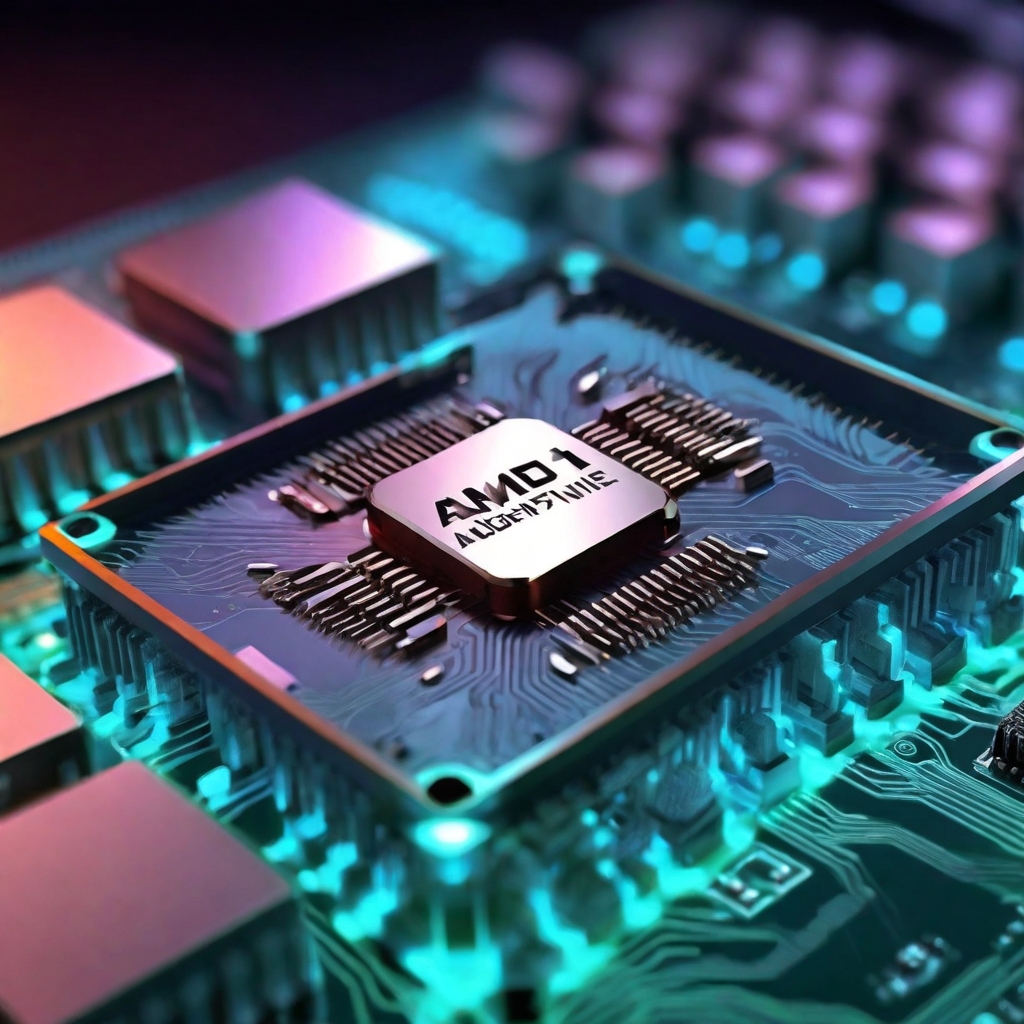Advanced Micro Devices Inc. (AMD) has recently faced a wave of uncertainty in the wake of a remarkable 130% surge in its stock price in 2023. The surge was primarily attributed to the rising demand for graphics processing units (GPUs) used in artificial intelligence (AI) applications.
However, the company’s future outlook has taken a hit as a prominent analyst, Gus Richard of Northland Capital Markets, downgraded AMD’s rating to an unconventional status.
Analyst’s unconventional downgrade
Gus Richard’s decision to downgrade rating to a status described as “heck if we know” has raised eyebrows within the investment community. This move is a direct response to the prevailing uncertainty surrounding the future of AMD’s AI-oriented GPUs, which had generated substantial investor optimism.
These GPUs were seen as potential rivals to those of Nvidia Corp and were anticipated to attract significant buyers such as Microsoft Corp and Meta Platforms Inc. (formerly Facebook).
Irrational exuberance and inflated expectations
Richard attributes his unconventional rating to what he terms as “irrational exuberance” surrounding the growth of AI chip demand. While the AI chip market is undoubtedly substantial, Richard argues that market expectations have become overly inflated.
While some analysts have projected AI chip revenues to reach as high as $400 billion by 2027, Richard posits a more conservative estimate of $125 billion. He contends that the actual figure is likely to be significantly lower than the loftier projections.
Distorted demand signals
One of the key factors influencing Richard’s cautious stance on AMD’s future prospects is Nvidia’s dominant position in the AI chip market. Nvidia has been a formidable player in this space for years, and its market dominance could skew the demand signals for AMD’s AI-oriented GPUs.
Additionally, the recent U.S. ban on certain chip exports to China has cast a shadow of uncertainty over the growth potential of the semiconductor industry, further contributing to the uncertainty surrounding AMD’s future.
The significance of the AI chip market
The AI chip market has been a focal point of discussion in the tech industry, with analysts highlighting its potential to drive growth for semiconductor companies like AMD and Nvidia. In the face of weaker industry fundamentals in the fourth quarter, some experts have even suggested that AI could be the savior for semiconductor companies.
Investor optimism and AMD’s performance
Despite the cloud of uncertainty surrounding AI chip growth, AMD’s stock price had been on an impressive ascent, reaching a new all-time high shortly before the analyst downgrade. The company’s AI-oriented GPUs were widely regarded as a potential game-changer in the market. However, Gus Richard’s decision has now cast doubts on the future trajectory of this segment and the extent to which it can contribute to AMD’s continued success.
Navigating a complex landscape
In the rapidly evolving world of semiconductors and AI chips, companies like AMD face the challenge of navigating a complex landscape marked by competition, regulatory dynamics, and ever-shifting market sentiments.
While optimism has driven substantial investment in this sector, it is essential to temper expectations with a healthy dose of realism.





